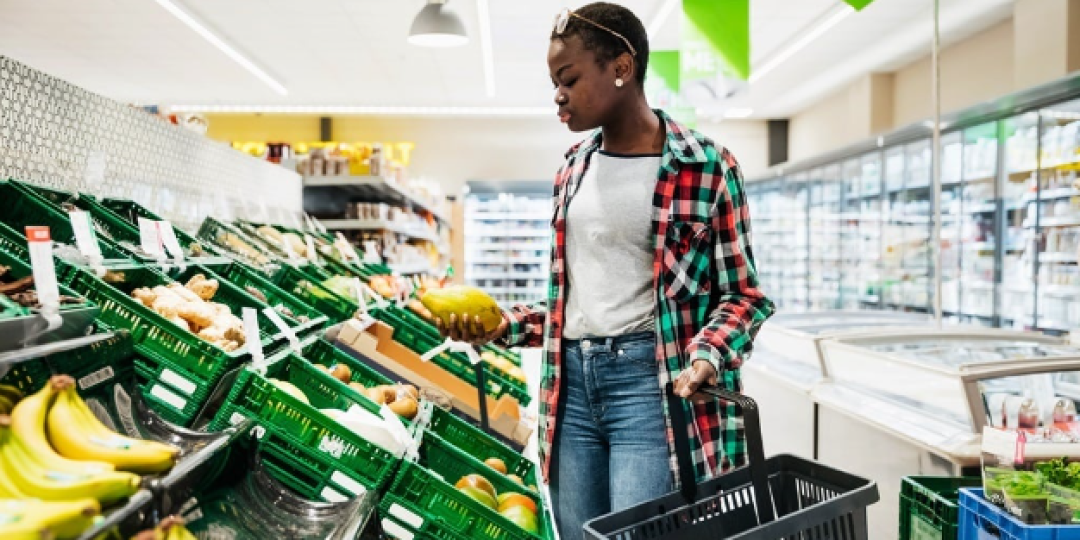Food inflation cooled to the lowest reading in 45 months since the country's lockdown restrictions against Covid-19 were at their peak, says Patrick Kelly, head of Price Statistics at Stats SA.
Foodstuffs that fall under this category include sugar, sweets, deserts, vegetables, milk, eggs, cheese and fish.
But, inflation for cereals, oils, fats, bread and meat have all increased.
Releasing its latest inflation data, Stats SA says: “After stalling at 4.7% in April and May, the annual rate for food and non-alcoholic beverages (NAB) edged lower to 4.6% in June.
“Food and NAB inflation has declined from its recent peak of 14.0% in March 2023. June's reading is the lowest since September 2020 when the rate was 3.8%.”
The annual rate for hot beverages increased to 16.5% in June from 14.2% in May.
“The monthly change was 2.2%, driven by sharp price increases for drinking chocolate (up 3.5%), black tea (up 2.7%), instant coffee (up 2.2%) and rooibos tea (up 1.6%),” Stats SA says.
“The annual rate for bread and cereals saw its first increase in 14 months, rising to 5.2% in June from 3.9% in May. The monthly rate was 1.5%, with notable increases for maize products such as maize meal (up 3.3%) and samp (up 3%).
“In context, the producer price index (PPI) for final manufacturing, which measures prices at the factory gate, recorded a 7.2% monthly (4.6% annual) increase for maize products in May. Maize in the agriculture PPI increased by an annual 23.8%. PPIs are often leading indicators of the Consumer Price Index, so the data suggest that elevated inflation for maize-based products is widespread.
“The milk, eggs and cheese category has experienced six months of slower inflation. The rate for June was down 7.3%, from 14.5% in December 2023. Annual egg inflation recorded its seventh consecutive month of decline, cooling to 20.4%.”













